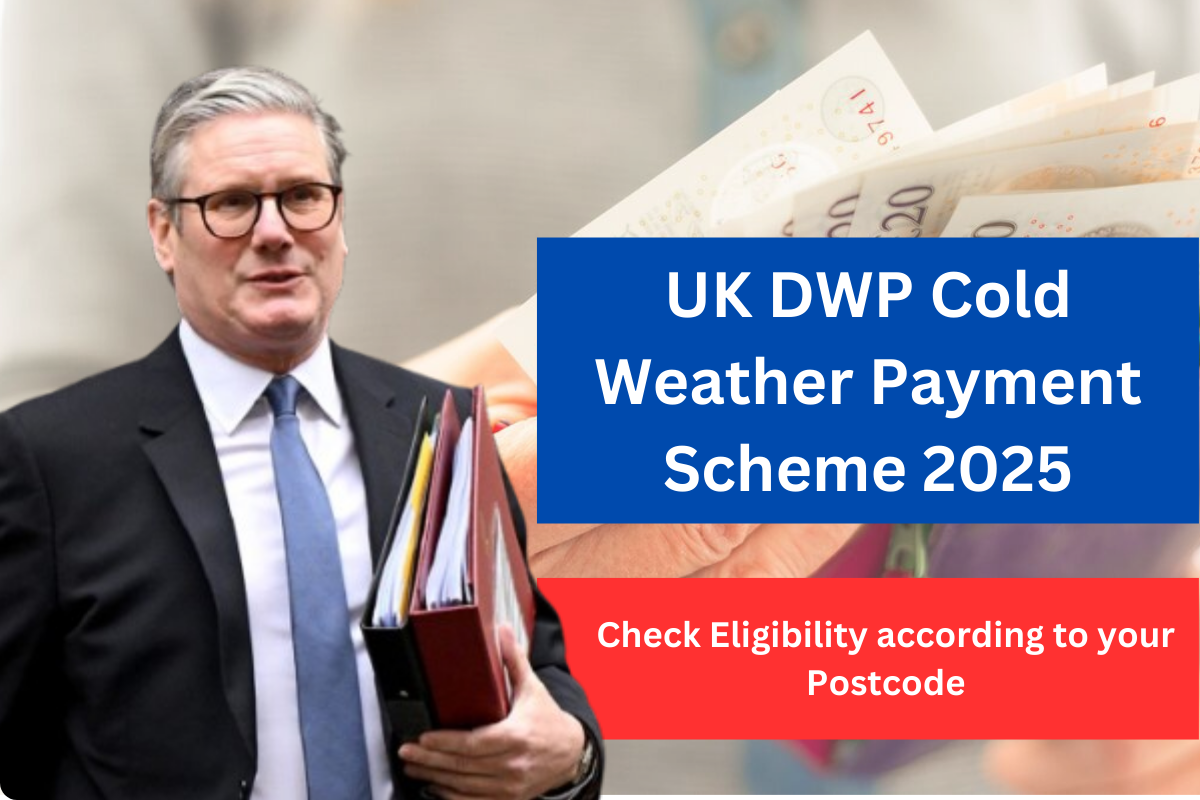As we gear up for the colder months in the UK, it’s important to know how to stay warm when temperatures drop. One lifeline available to residents is the UK DWP Cold Weather Payment Scheme. You might be asking, “What is it, and how can I check if I qualify?” Well, you’re in the right spot! Let’s dive into all the nitty-gritty details about the scheme, eligibility criteria, and how you can check your status based on your postcode.
Understanding the Cold Weather Payment Scheme
The Cold Weather Payment Scheme, run by the Department for Work and Pensions (DWP), is specifically designed to help those who are particularly vulnerable during the colder months. It focuses on providing financial assistance to help people cover their heating costs when temperatures plummet. But how does it work?
What Triggers the Payments?
Payments are available when the temperature drops to zero degrees Celsius or below for at least seven consecutive days. Sounds straightforward, right? So, if you’re living in a part of the UK that sees chills during the winter, you might be in line for a payment. This financial aid isn’t a one-size-fits-all situation, which leads us to eligibility criteria.
Who Is Eligible for the Cold Weather Payment?
Understanding who qualifies for the Cold Weather Payment Scheme is a key part of the process. Remember, this isn’t a free-for-all. There are specific groups that have priority based on their situation.
Criteria for Qualification
You’re likely to qualify if you’re receiving certain benefits. These include:
Pension Credit
Income Support
Income-based Jobseeker’s Allowance
Income-related Employment and Support Allowance
Universal Credit
It’s that simple! But don’t forget, you must also meet certain conditions related to your financial situation. If you’re unsure, it’s always a good idea to have a chat with someone who knows the ropes of these benefits.
How to Check Your Eligibility by Postcode
Now, let’s get to the juicy part! Checking your eligibility based on your postcode can be done quickly and easily. Firstly, the DWP has set up an online service where you can input your postcode and check if you qualify for the Cold Weather Payments. Are you ready to do this? Let’s break it down.
Step-by-Step Guide
Here’s how to check:
Go to the official DWP website.
Navigate to the Cold Weather Payments section.
Input your postcode in the designated field.
Hit enter and see if you qualify!
It’s that simple! You’ll receive instant feedback, which is a huge time saver.
Conclusion
The UK DWP Cold Weather Payment Scheme is a crucial support system for individuals and families struggling to keep warm during harsh winter months. By understanding the eligibility criteria and utilizing the postcode checker, you can ensure you don’t miss out on essential financial support. After all, staying warm shouldn’t come at a hefty price!
FAQs
1. How much is the Cold Weather Payment?
Each payment is £25 for each qualifying week, helping you tackle those heating bills directly.
2. When will payments be made?
Payments are typically made automatically, so you don’t need to apply each time it gets cold enough.
3. Can I check my eligibility if I don’t receive any benefits?
Unfortunately, the scheme mainly assists those receiving specific benefits. It’s still worth contacting the DWP for other assistance options.
4. What if I move during the winter?
You should update your address with the DWP, as your postcode helps determine eligibility.
5. How do I receive the payment?
Payments are usually made directly into your bank account, so ensure your details are up to date with the DWP.

